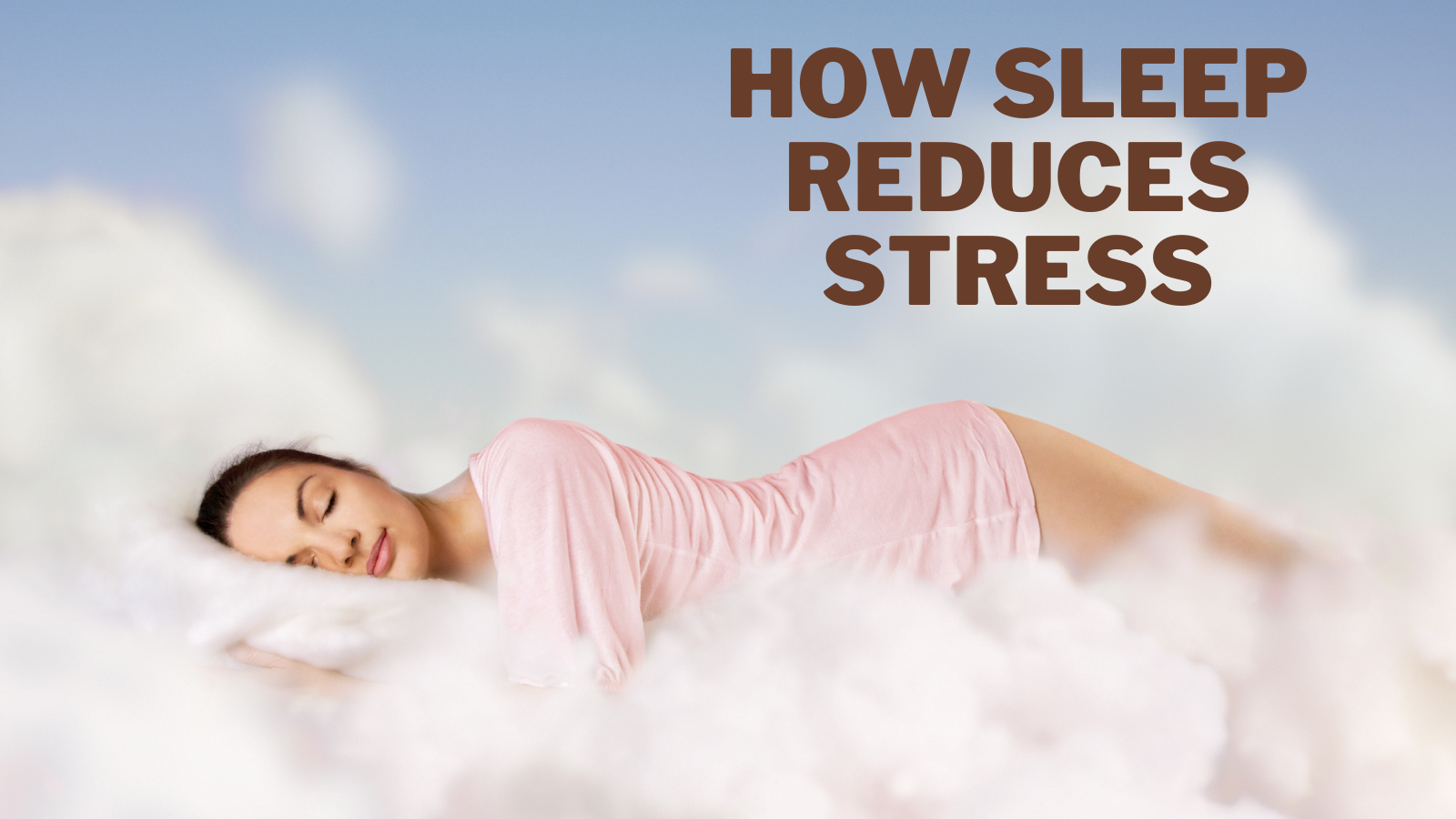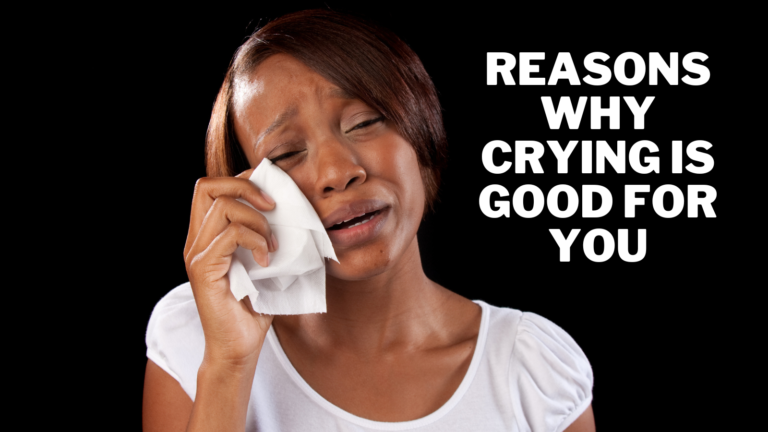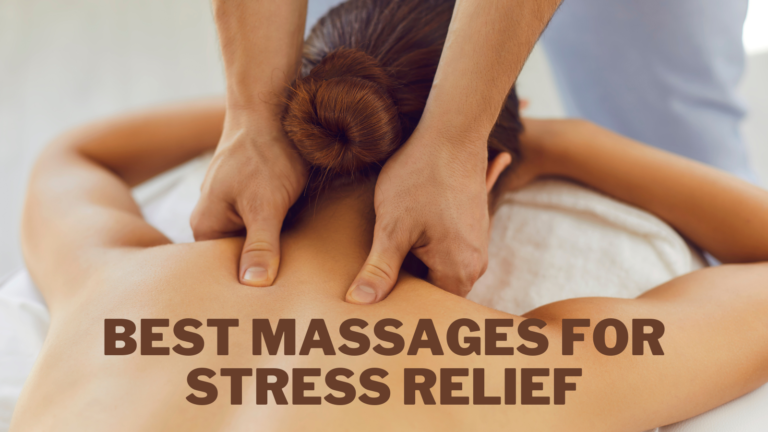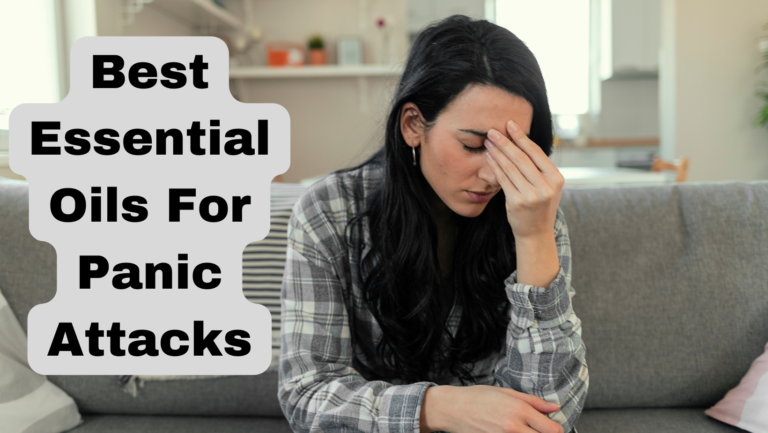How Sleep Reduces Stress
How Sleep Reduces Stress
Stress is a common experience for most people, and it can take a toll on our mental and physical health. One of the most effective ways to reduce stress is through sleep.
Sleep is a natural process that allows our bodies and minds to rest, repair, and rejuvenate. When we get enough rest, we feel renewed and rejuvenated when we wake up, and our stress levels are reduced. In this blog, we'll explore how sleep reduces stress.
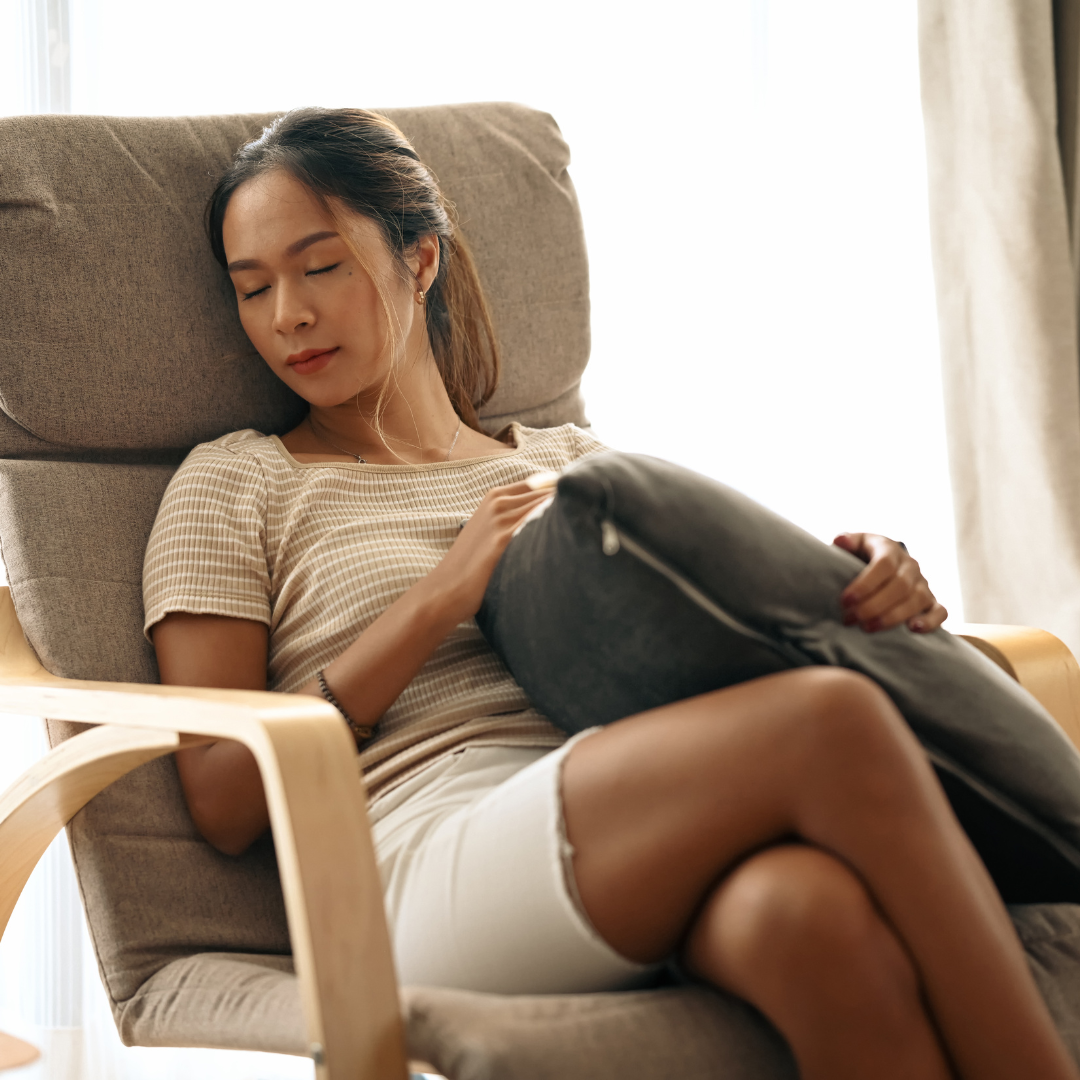
Relation Between Sleep And Stress
Sleep and stress are closely related and can significantly impact each other. Stress can disrupt our sleep patterns, making it harder to fall asleep and stay asleep.
On the other hand, not getting enough sleep can increase stress levels and make it harder to cope with stressors.
Sleep is essential for reducing stress levels, allowing our bodies to rest and recharge. During sleep, our bodies produce hormones that help regulate stress levels, reduce inflammation, and strengthen the immune system.
Additionally, sleep is important for memory consolidation, which can help us feel more in control and better manage stressors.
Conversely, chronic stress can hurt sleep, leading to difficulty falling asleep and staying asleep. Stress can also lead to physical symptoms such as headaches, muscle tension, and fatigue, further disrupting sleep.
To break this cycle, it's important to prioritize getting enough sleep to reduce stress levels. This entails engaging in excellent sleep hygiene, such as maintaining a regular sleep schedule, developing a soothing bedtime routine, and avoiding using devices just before bed.
Also, managing stress through exercise, meditation, and deep breathing can help improve sleep quality and reduce overall stress levels.
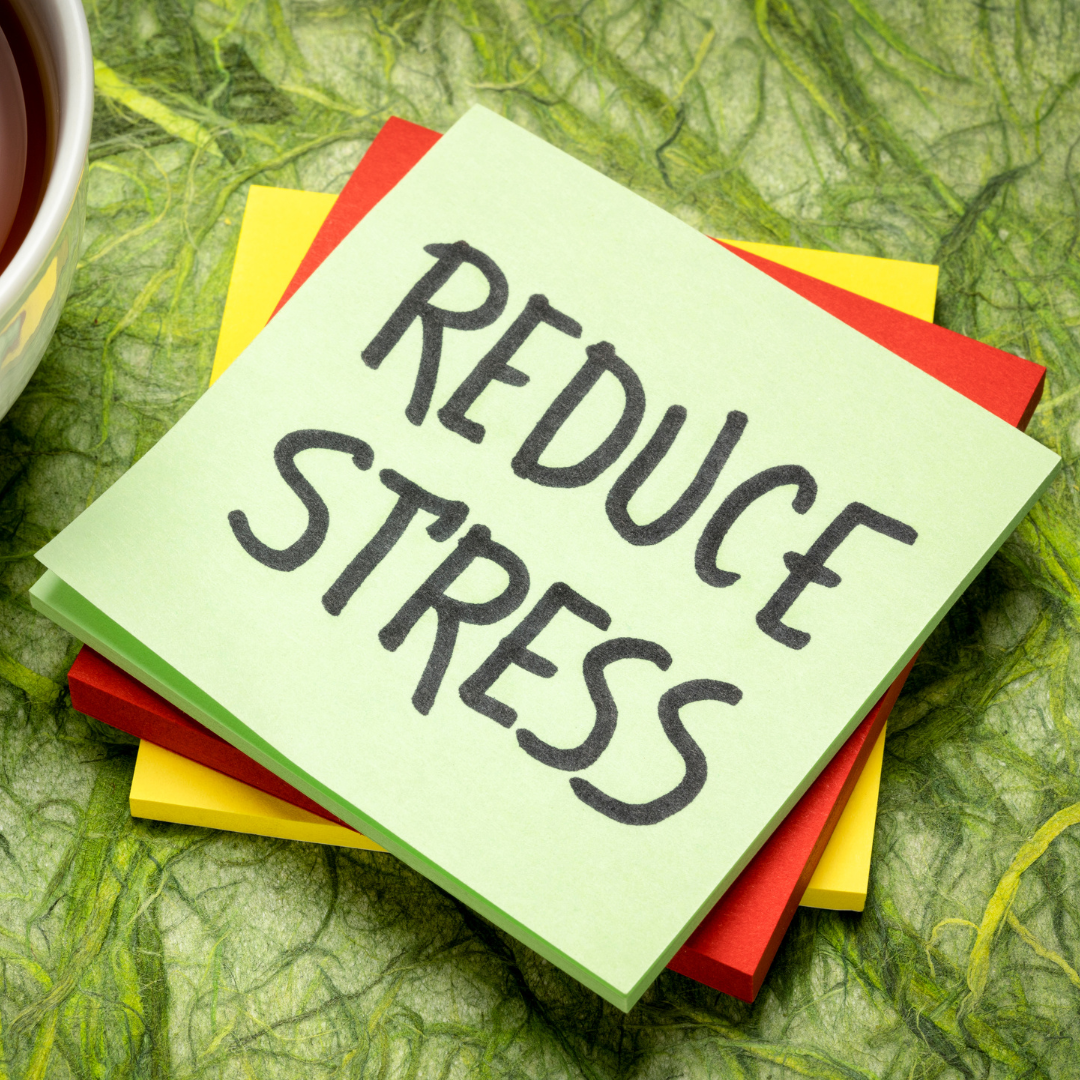
How Sleep Reduces Stress
1. Sleep Helps Regulate Emotions
It's helpful to look at how sleep affects the brain to understand how sleep regulates emotions and reduces stress.
During sleep, the brain consolidates and processes information from the day, including emotional experiences. This processing is essential for regulating emotions and reducing stress levels.
When we don't sleep enough, our brains cannot fully process emotional experiences, leading to heightened emotional responses.
This can make it more difficult to regulate our emotions, leading to increased stress levels and a reduced ability to cope with stressors.
On the other hand, when we get enough sleep, our brains can better process emotional experiences, allowing us to regulate our emotions more effectively. This can lead to reduced stress levels and a greater ability to cope with stressors.
Sleep also plays a role in regulating neurotransmitters such as serotonin and dopamine, which are important for regulating mood and emotions.
When we don't get enough sleep, these neurotransmitters can become imbalanced, leading to mood disturbances and increased stress levels.
Conversely, when we get enough sleep, these neurotransmitters are better regulated, improving mood and reducing stress levels.
Getting enough sleep is essential for regulating emotions and reducing stress levels. During sleep, the brain processes and consolidates emotional experiences, allowing us to regulate our emotions more effectively.
Additionally, sleep plays a role in regulating neurotransmitters that are important for regulating mood and emotions. Therefore, prioritizing sleep is important to stress management and overall well-being.
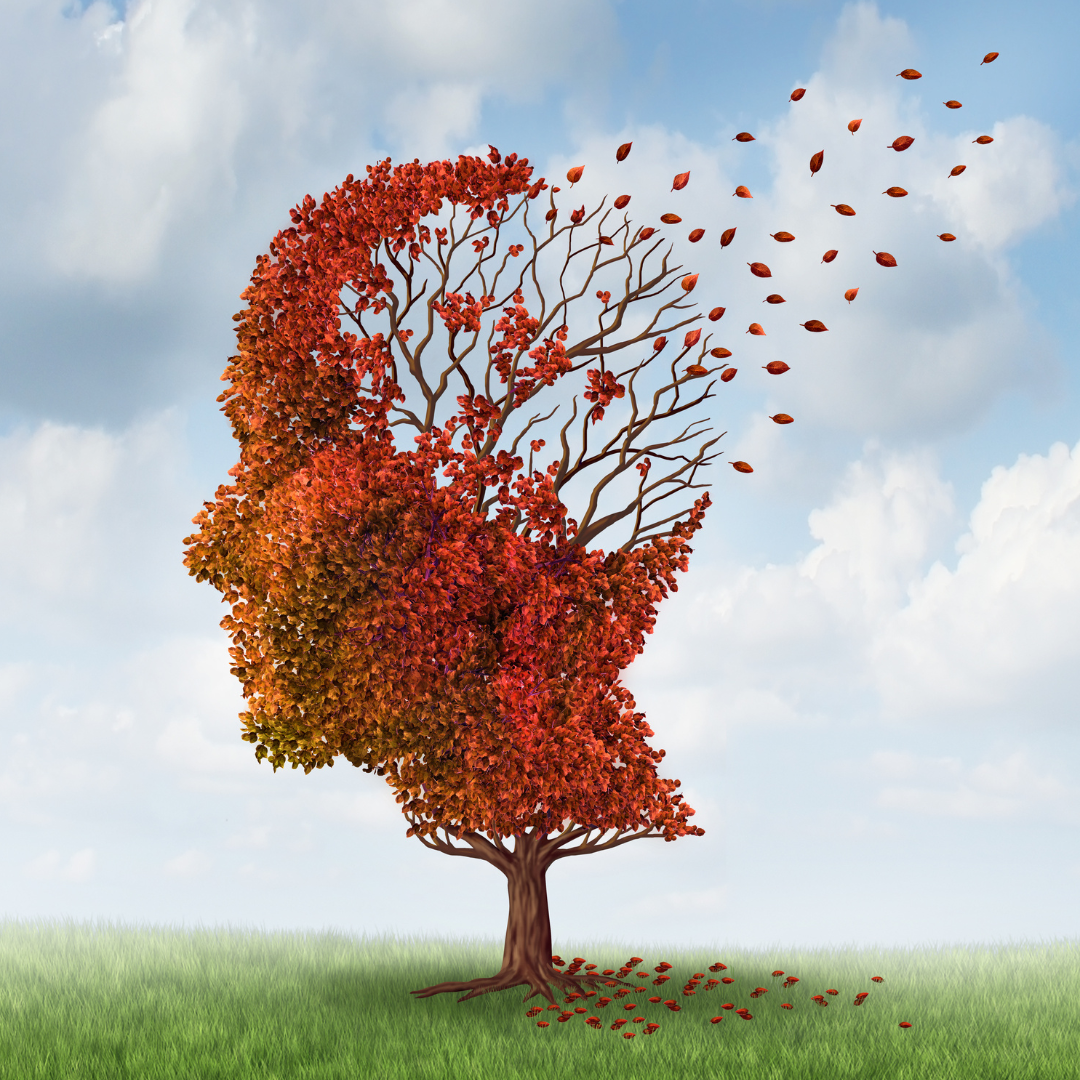
2. Sleep Improves Cognitive Function
Our brains function better when we get enough sleep. This means we can better focus, think, make decisions, and solve problems. All of these things are important for managing stressors effectively.
Think of your brain like a computer. When it's well-rested, it can process information quickly and efficiently.
But when it's tired, it slows down and may even crash. This can make it harder to handle stress and cope with challenges.
Getting enough sleep is like giving your brain a chance to recharge. It allows you to start each day with a fresh mind and clear head, ready to take on whatever comes your way. This can help you feel more confident and in control, even when things get stressful.
Sleep is essential for cognitive function, and cognitive function is essential for managing stress.
When we get enough sleep, our brains function better, allowing us to handle stressors more effectively and reduce the overall impact of stress on our lives.
3. Sleep Boosts The Immune Functions
Our bodies create cytokines, proteins that aid in the fight against infection and inflammation, while we sleep.
These cytokines play a critical role in immune function and overall health. When we don't get enough sleep, our bodies produce fewer cytokines, weakening our immune system. This can increase the risk of illness and infection, increasing stress levels.
For example, imagine you have a big project due at work, feeling stressed and run down. You're not getting enough sleep, and as a result, your immune system is weakened.
Then, your colleague comes to work with a cold. Because your immune system is already compromised, you're more likely to catch a cold and become even more run down, leading to more stress.
On the other hand, when we get enough sleep, our bodies are better able to produce cytokines, leading to improved immune function.
This can help reduce the risk of illness and infection and can also help reduce the overall impact of stress on our bodies.
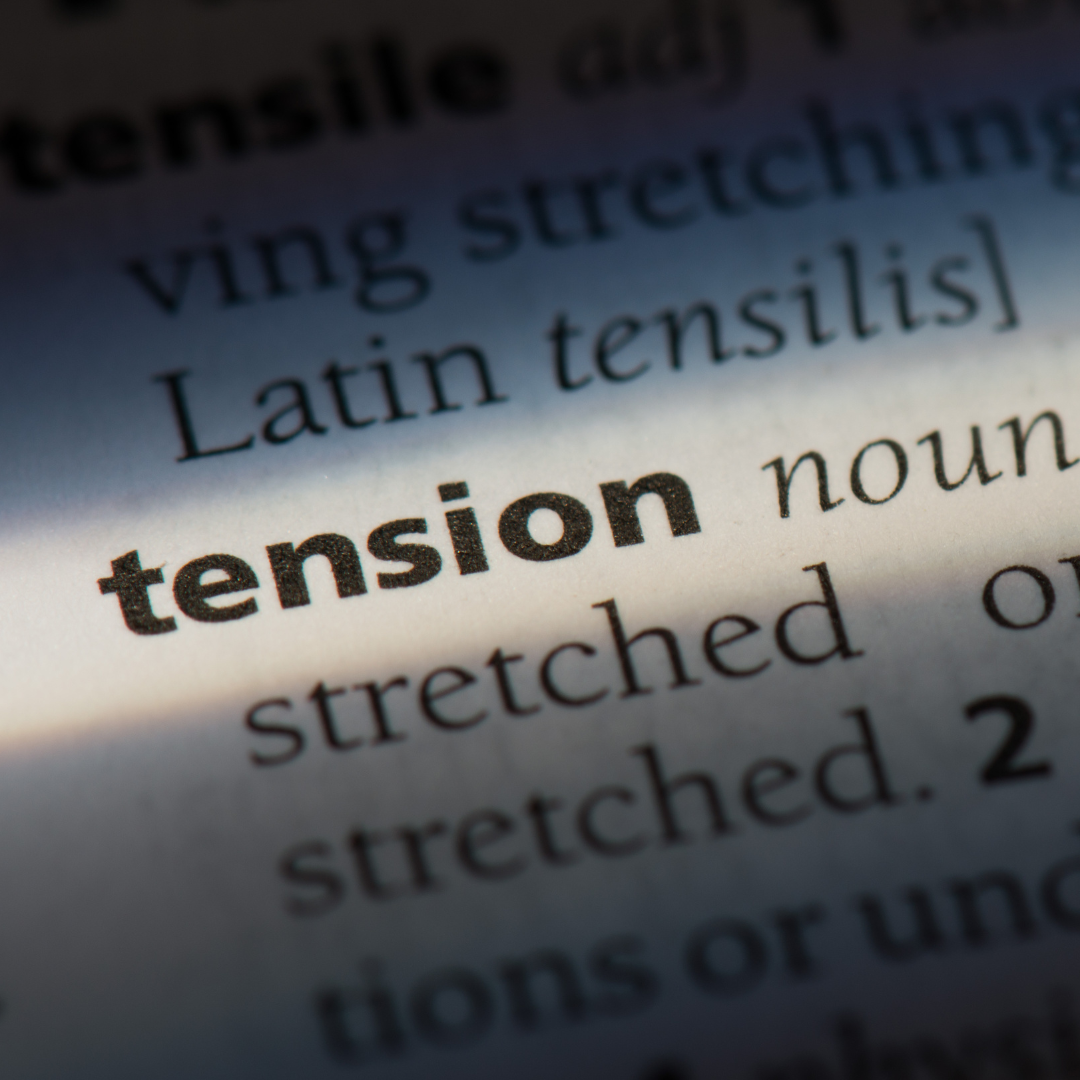
4. Sleep Reduces Physical Tension
Stress often leads to physical tension in our bodies. This tension can manifest in different ways, such as headaches, muscle stiffness, and fatigue.
When we don't get enough sleep, our bodies cannot relax and release this tension, leading to more physical discomfort and potentially exacerbating our stress levels.
However, when we get enough sleep, our bodies can relax and reduce physical tension. This can help us feel more comfortable in our bodies and better cope with stress.
For example, if you have a big presentation coming up and you're feeling stressed, getting enough sleep the night before can help reduce physical tension in your body, allowing you to feel more confident and focused during your presentation.
Additionally, sleep is important for muscle recovery and repair. When we sleep, our bodies can repair and rebuild muscles that may have become strained or tense due to stress. This can lead to improved physical comfort and reduced stress levels over time.
5. Sleep Improves The Overall Well-Being
When well-rested, we are better equipped to care for our physical and mental health. Sleep is vital in regulating several bodily processes essential for maintaining good health.
For example, sleep is important for regulating our hormones, which can affect our appetite, metabolism, and immune function.
When we don't get enough sleep, we may be more likely to engage in unhealthy behaviours, contributing to stress and other health problems.
For example, we may be more likely to eat junk food, skip workouts, or engage in other habits that can negatively impact our health and well-being.
On the other hand, when we are well-rested, we are more likely to engage in healthy behaviours that can help reduce stress levels and improve our overall quality of life.
For example, we may have more energy to exercise, which can help us manage stress and improve our physical health.
We may also be more likely to make healthier food choices and take time for self-care activities, such as meditation or relaxation exercises.
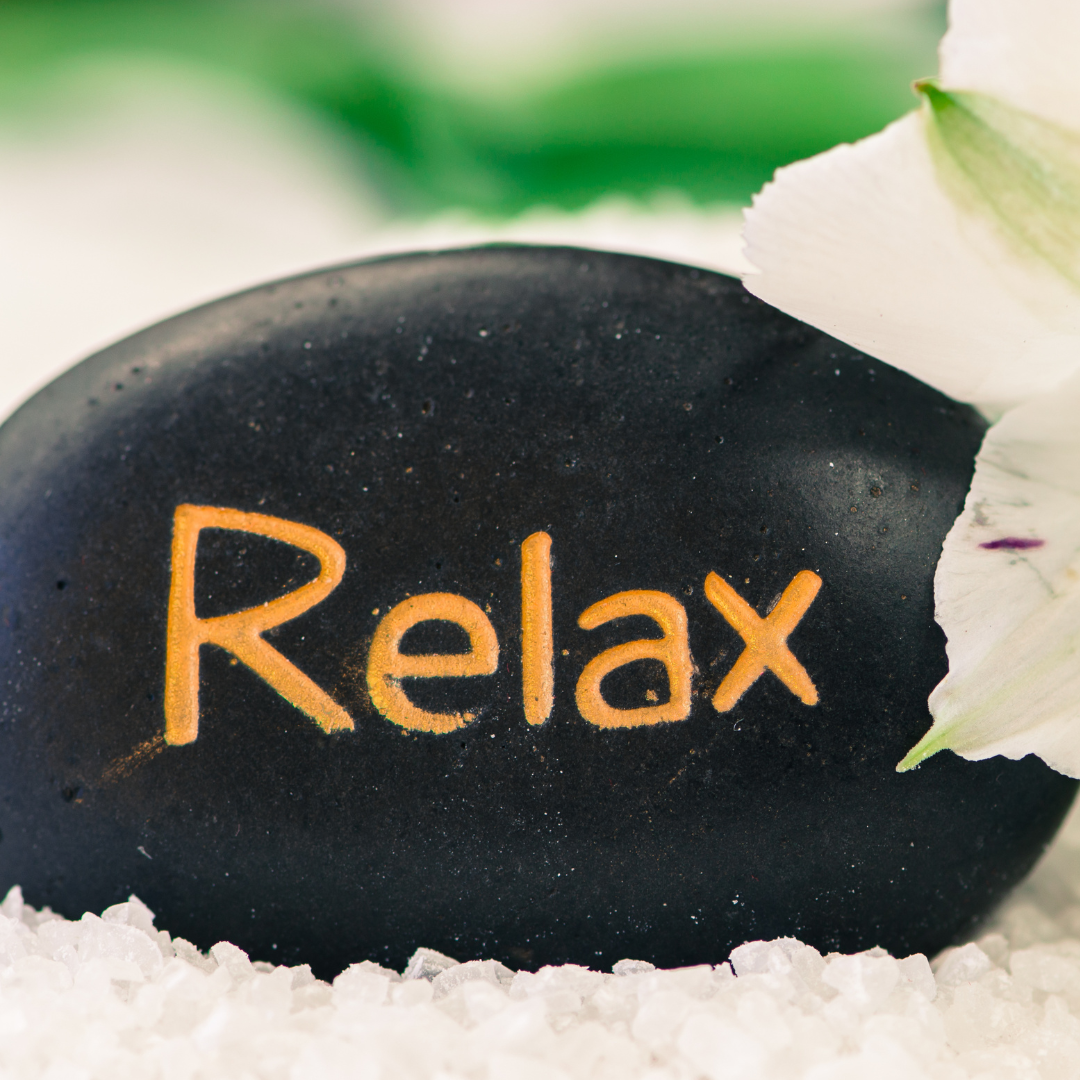
6. Sleep Promotes Relaxation
Sleep plays a vital role in promoting relaxation because it allows our bodies to enter a state of rest and repair.
During sleep, our brains produce alpha and delta waves associated with relaxation and deep sleep. These waves help calm our minds and promote peace and tranquillity.
Moreover, when well-rested, our bodies produce less cortisol, the hormone associated with stress.
This reduction in cortisol levels can help us feel more relaxed and calm, making it easier for us to manage stressors that may arise throughout the day.
In addition, getting enough sleep can help improve our mood and mental health. When we are sleep-deprived, we may be more irritable, anxious, and prone to negative thinking. In contrast, when well-rested, we are more likely to feel positive, energized, and able to cope with stress healthily.
Furthermore, regular sleep patterns can promote relaxation by creating a sense of routine and predictability.
When we establish a consistent sleep schedule, our bodies and minds become accustomed to the pattern, which can help us feel more relaxed and at ease.
7. Sleep Helps With Memory Consolidation
Sleep plays a crucial role in memory consolidation, transferring information from short-term to long-term memory.
When we sleep, our brains go through a series of cycles, including rapid eye movement (REM) and non-rapid eye movement (NREM) sleep, which are both important for memory consolidation.
During NREM sleep, our brains replay memories from the day and consolidate them into long-term memory.
This process is essential for learning and retaining new information. It can also help us better manage stress by allowing us to remember important details, such as deadlines, appointments, and strategies for coping with stressors.
Moreover, during REM sleep, our brains are more active, and we may experience vivid dreams that help consolidate memories and facilitate creative problem-solving.
This can be particularly helpful for managing stress, as creative problem-solving can help us find new and effective ways to cope with stressors.
Getting enough sleep can also improve our ability to focus and concentrate, which is important for learning and memory.
When well-rested, we are more likely to be alert and attentive, making absorbing and retaining new information easier.

8. Sleep Helps Regulate Hormones
In response to stress, the adrenal glands release cortisol. It plays an important role in regulating our body's response to stress, but when cortisol levels are chronically elevated, it can negatively affect our health.
For example, high cortisol levels have been linked to weight gain, particularly in the abdominal area, which can increase the risk of developing health problems such as diabetes and heart disease.
Elevated cortisol levels can also interfere with sleep, creating a vicious cycle of stress and disruption.
Getting enough sleep is essential for regulating cortisol levels and reducing stress. During sleep, our bodies produce hormones that help regulate cortisol levels, such as growth hormone and melatonin.
These hormones can help reduce cortisol levels, promoting relaxation and reducing the negative impact of stress on the body.
Furthermore, sleep is essential for regulating other hormones affecting appetite, metabolism, and mood.
When we don't get enough sleep, our bodies may produce less of the hormones that regulate these processes, leading to imbalances and negative effects on our physical and mental health.
9. Sleep Improves Moods
Getting enough sleep is like giving our brain a refreshing bath, which can help wash away negative thoughts and emotions.
A good night's sleep can help us wake up feeling refreshed and ready to face the day with a positive outlook.
When in a good mood, we can better manage stressors and cope with difficult situations. On the other hand, when we are sleep-deprived, we are more likely to feel irritable, anxious, and overwhelmed, making dealing with stress more challenging. In short, sleep is a powerful tool for improving our mood and reducing stress levels.

10. Sleep Reduces The Impact Of Stress On The Body
When we are under stress, our bodies release stress hormones such as cortisol and adrenaline, which can hurt our health over time.
Chronic stress can lead to inflammation, high blood pressure, and a weakened immune system, making us more vulnerable to illness and disease.
However, getting enough sleep can help reduce the impact of stress on the body. During sleep, our bodies produce hormones, such as growth hormone and melatonin, that help regulate stress levels.
These hormones can help reduce inflammation, lower blood pressure, and strengthen the immune system, reducing the negative impact of stress on the body.
Moreover, getting enough sleep can also help reduce the risk of chronic stress-related health problems.
For example, studies have shown that getting enough sleep can reduce the risk of heart disease, stroke, and diabetes, all linked to chronic stress.
Getting enough sleep can also improve our mental health and reduce the risk of developing depression and anxiety.
When well-rested, we are better able to cope with stressors and less likely to feel overwhelmed or helpless.
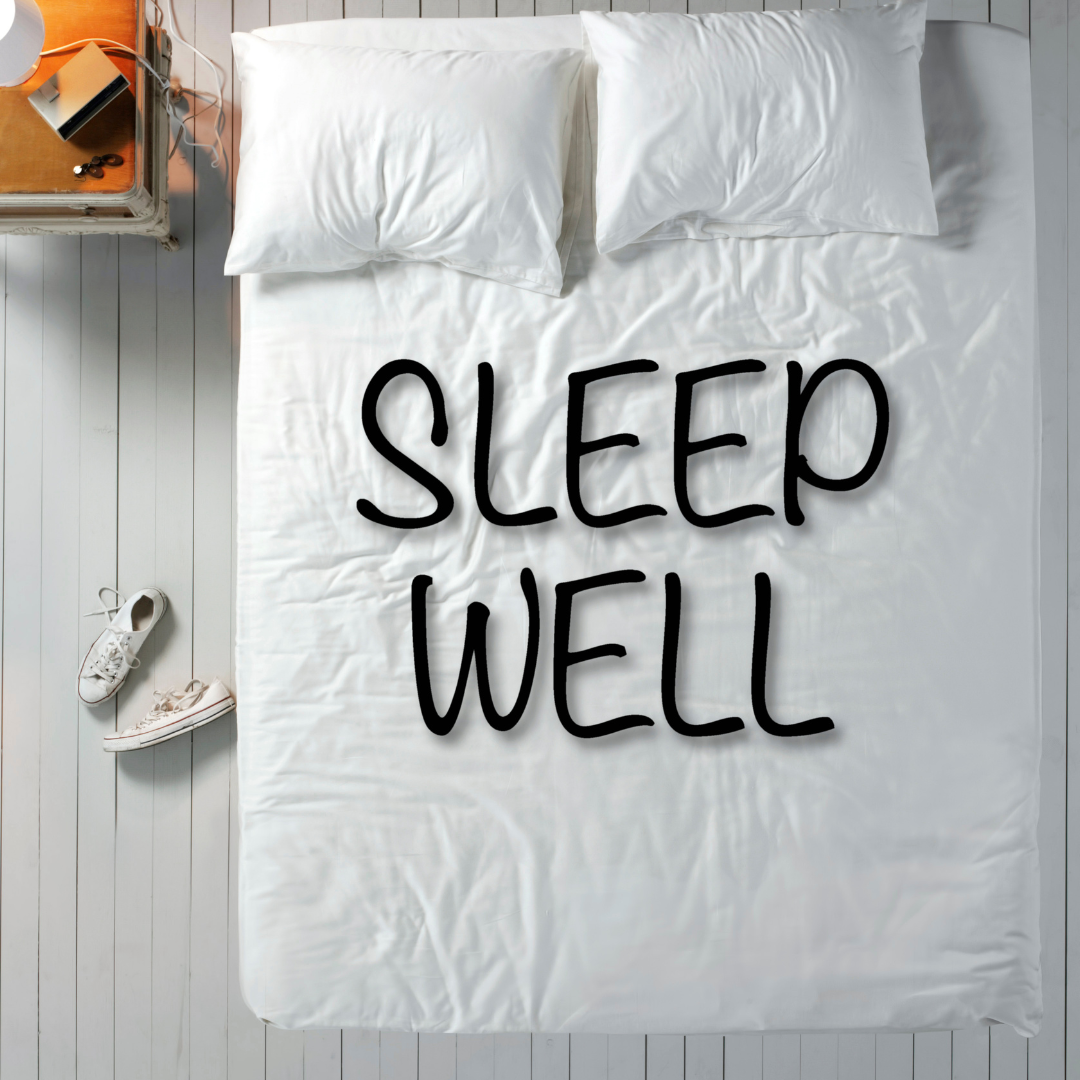
Some Sleeping Techniques To Reduce Stress
1. Establish A Consistent Sleep Routine
Establishing a consistent sleep routine is essential for reducing stress levels. By going to bed and waking up at the same time every day, our bodies learn to anticipate when it's time to sleep and when it's time to wake up.
This can help regulate our body's internal clock, also known as the circadian rhythm, which regulates many physiological processes, including sleep and wake cycles.
2. Avoid Stimulating Activities Before Bed
Avoiding stimulating activities before bed is important in creating a relaxing bedtime routine that promotes healthy sleep habits.
The blue light emitted by electronic devices such as televisions, smartphones, and computers can disrupt the body's natural sleep-wake cycle and make it harder to fall asleep.
This is because blue light can suppress melatonin production, a hormone that regulates sleep and wakefulness.
It's recommended to avoid using electronic devices for at least an hour before bedtime to allow your body to wind down and prepare for sleep.
If you need to use your phone or computer before bed, consider using a blue light filter or installing a night mode app to reduce the impact of blue light on your sleep.

3. Limit Caffeine And Alcohol Consumption
Limiting caffeine and alcohol consumption in the hours leading up to bedtime is an important aspect of promoting healthy sleep habits.
As a stimulant that can stay in your system for several hours, caffeine makes it more difficult to fall or stay asleep all night.
It's best to avoid caffeine altogether in the afternoon and evening, or at least limit your intake to one or two cups of coffee or tea earlier in the day.
Similarly, while alcohol may initially make you sleepy, it can disrupt your sleep patterns and prevent you from getting the deep, restorative sleep your body needs.
It's best to avoid consuming alcohol in the hours leading up to bedtime; if you choose to drink, it's important to do so in moderation.
Generally, it's best to be mindful of what you eat and drink in the hours before bedtime, as certain foods and beverages can impact your sleep quality.
Eating a balanced diet and avoiding heavy meals, sugary snacks, and processed foods in the evening can also help promote better sleep.

4. Exercise Regularly
Regular exercise is recognized to provide several advantages for both physical and mental health, but two of the most significant ones are stress reduction and better sleep.
Exercise causes your body to release endorphins, organic mood enhancers that can help lessen stress and anxiety.
Additionally, exercise can help tire out your body, making it easier to fall asleep and stay asleep throughout the night.
However, it's important to note that exercising too close to bedtime can have the opposite effect and make it harder for you to fall asleep.
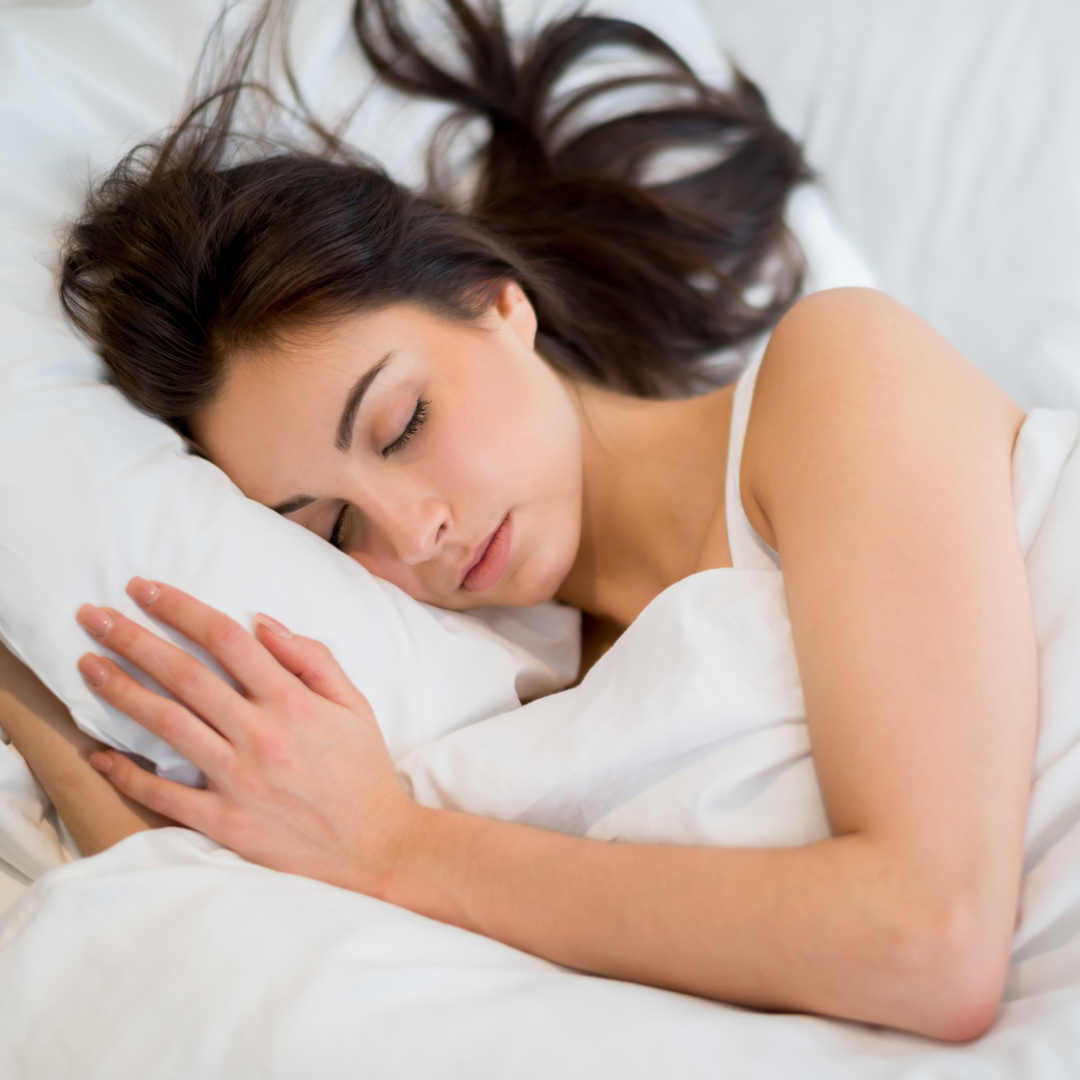
Conclusion
Sleeping is essential for reducing stress levels and improving overall well-being. Sleep helps regulate hormones, improve mood, reduce physical tension, boost immune function, and promote relaxation.
By reducing the impact of stress on the body, getting enough sleep can also lower the risk of chronic health problems such as heart disease, stroke, and diabetes.
Therefore, it is important to prioritize getting adequate sleep each night as part of a healthy lifestyle and stress management plan.
I trust you enjoyed this article about How Sleep Reduces Stress. Please stay tuned for more blog posts to come shortly. Take care!
JeannetteZ
>>>Please click here to read my all-inclusive article about Lessons That Will Teach You All About Stress<<<
>>>Are you interested in Natural Healing And Stress Relief through Herbs? Please click here for my #1 Recommendation<<<
Your Opinion Is Important To Me
Thoughts? Ideas? Questions? I would love to hear from you. Please leave me your questions, experiences, and remarks about How Sleep Reduces Stress in the comments section below. You can also reach me by email at Jeannette@Close-To-Nature.org.
Disclosure
This post may contain affiliate links. I earn from qualifying purchases as an Amazon Associate and other affiliate programs. Please read my full affiliate disclosure.

